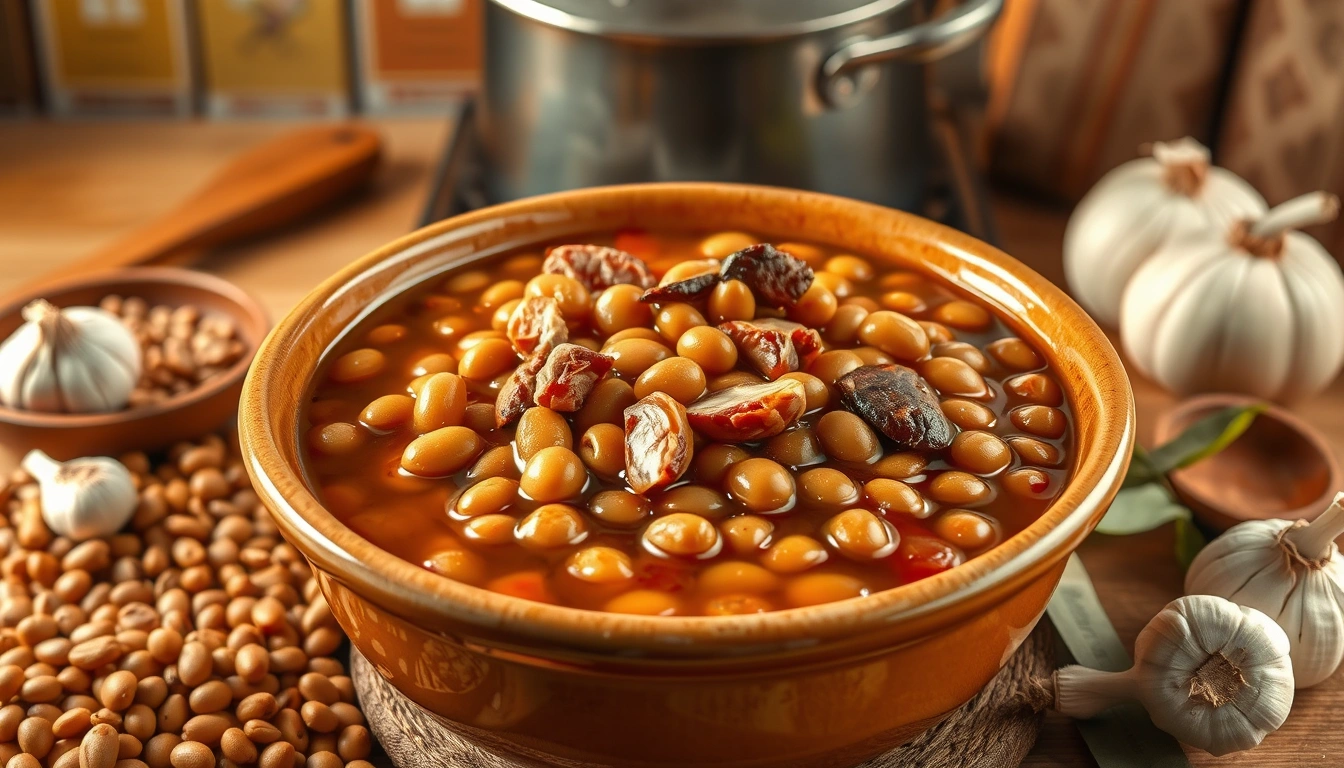Origin and History of New Mexican Pinto Beans
Pinto beans are a staple food in many Latin American cultures, especially in Mexico and the southwestern United States, where they have a long culinary history. In New Mexico, these beans have been an essential part of the local diet for centuries, due to their characteristic flavor and nutritional value. It is said that pinto beans arrived in America from the Old World, adapting to the region's climates and soils.
In different Latin American countries, pinto beans are known by various names. For example, in Mexico and El Salvador they are called "frijoles pintos," in other places they may be known simply as "frijoles colorados" or "red beans," although in certain countries "red beans" refers to a different variety. In Argentina and Uruguay, similar beans called "porotos" are used more frequently. In New Mexico, these beans hold high culinary prestige and are used in traditional dishes as a side or main ingredient.
The preparation method for pinto beans varies depending on the region, but in New Mexico it is distinguished by the use of ham hock or bacon to give a deep and characteristic flavor. This preparation has been passed down from generation to generation and is a symbol of the state's rich gastronomic heritage.
How to Prepare New Mexican Pinto Beans
New Mexican pinto beans are a delicious and nutritious option to accompany your favorite dishes. Their preparation is simple but requires attention to certain details that guarantee a perfect result, with tender, flavorful beans and an appetizing color.
Ingredients:
Dried Pinto Beans, Water, Ham Hock, Salt Pork.
Preparation Steps:
Wash and check the beans, removing any loose skins or wrinkled beans.
Place in a large pot with a lid and cover with hot water.
Soak overnight if you want to reduce the cooking time.
When the beans start to boil, add ham hock, salted bacon, or bacon.
Add more water as needed, but only hot or boiling water.
Never add cold water, as the beans will turn dark.
If you cook without a lid, the beans will also turn a dark color.
When the skins are almost as tender as the inside of the beans, they are ready.
They should not be broken.
Add salt and let rest before serving.
